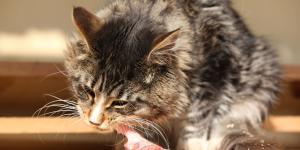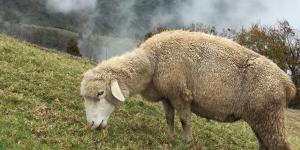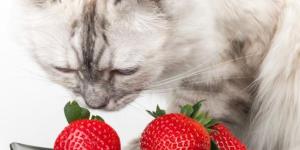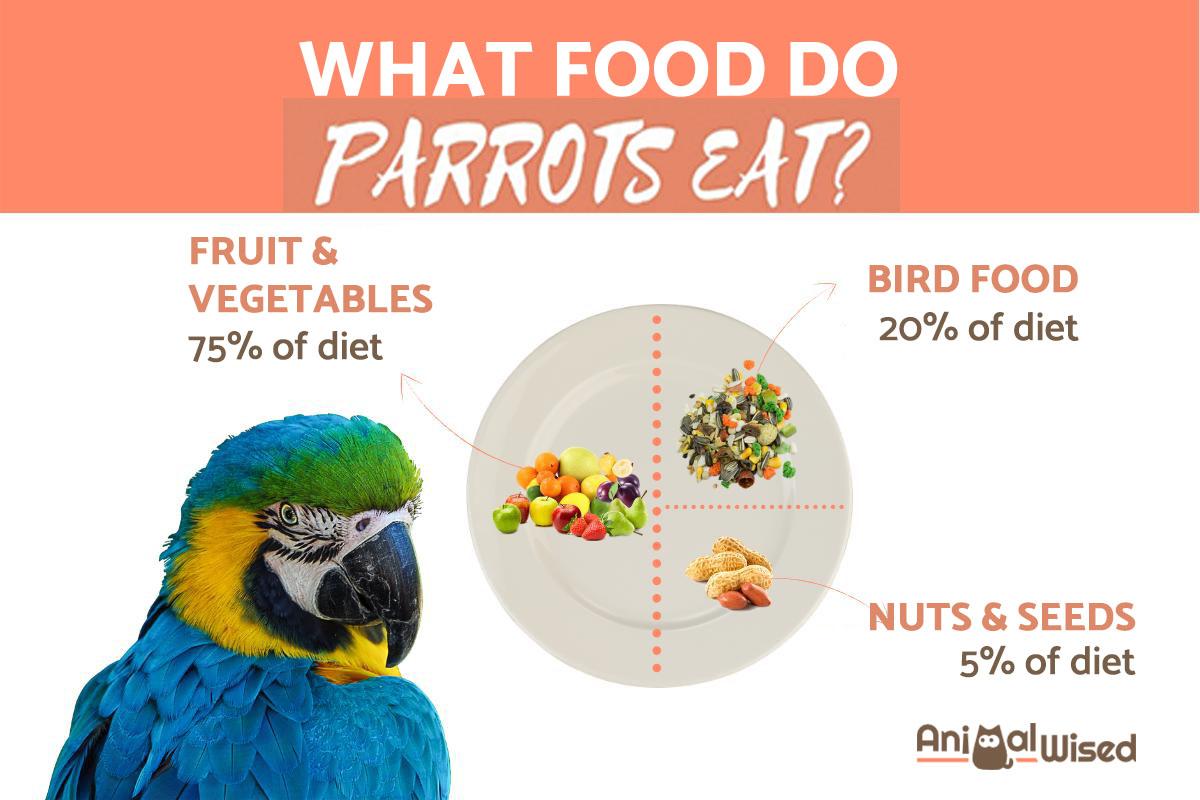What Foods Do Parrots Eat? - Typical Parrot Diet


Parrots are one of the most popular companion birds for humans. Many people have a very specific bird in mind when they think of a parrot, but it is important to remember that the term ‘parrot’ actually refers to almost 400 different species of birds in the Psittaciformes order. In fact, if you are thinking of adopting a parrot as a pet, you should double check the CITES agreement to ensure they are not legally protected.
One of the most important aspects of parrot care is their diet. For this reason, AnimalWised asks what food do parrots eat? Due to the diversity of parrots, it is difficult to establish a guideline which is valid for all of them. However, we bring you this guide on the typical parrot diet in both the wild and captivity.
Parrot care
Keeping parrots as pets is a great responsibility. While every companion animal needs their basic freedoms of animal welfare, it is important to remember how intelligent birds can be. Not only are they clever, but they form emotional attachments with humans and other birds which need to meet their social requirements. Without them, the well-being of the bird can be compromised.
One of the most important needs is housing. We need to provide a clean environment which meets the specific needs of the individual parrot. This means a cage which is spacious enough to allow them movement, opportunity to be in a larger space, accessories to stimulate development and much more. Basic health maintenance also requires us to start preventive medicine in the form of deworming.
Monitoring the parrot's beak is also essential as it continues to grow throughout their lives. If it becomes broken or damaged, it inhibits their ability to eat and perform other behaviors which can be difficult to manage. Conversely, it also needs to be worn down, something which happens more naturally as they forage for food in the wild. For this reason, the beak may need to be polished or trimmed, something best carried out by a professional.
To best avoid disproportionate growth, we recommend leaving items in their cages which can be used by the parrots themselves to file their beaks. Some appropriate toys for birds include wooden toys for this purpose.
Are parrots omnivores?
Although we may find it strange to think of parrots as meat-eaters, it is true that they are actually omnivores. As with all omnivorous animals, they can eat almost any type of food.
However, it is true that the majority of a parrot's diet is based on food of plant origin, not derived from animals. As we have stated in the introduction, there are many different species which are considered parrots and not all of them will eat the same diet. This is due to peculiarities of the species, but it is also closely linked to the food they have available in their natural habitat.
Broadly speaking, the vast majority of parrots kept as companion animals are:
- Lovebirds
- Cockatoos
- Macaws Amazon
- African grey
- Cockatiels
- Parakeets
These animals are all omnivorous. While they eat large amounts of fruit, vegetables and seeds, they will also enjoy small invertebrates such as insects.
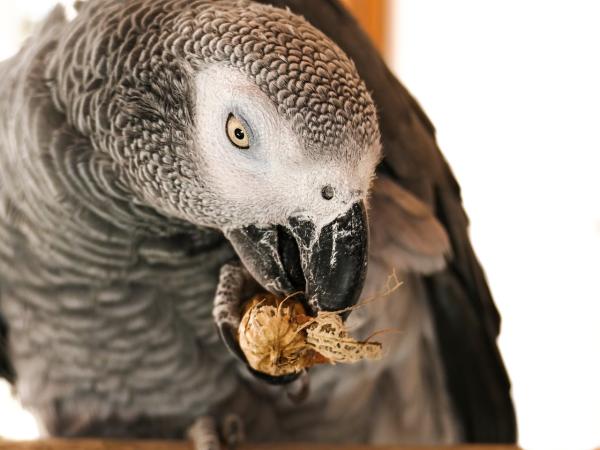
Where do parrots live?
Excluding of course domestic parrots, the wild parrot population is scattered around the globe. They live in temperate climates, usually in Africa, South Asia, Australia, South and Central America. There is an immense diversity of species adapted to various habitats. The diet of a wild parrot will be based largely on the resources available to them.
What food do wild parrots eat?
Wild parrot diets do not just correspond to what is available to them. It also is dependent on what they are able to catch. This is why most wild parrots will eat:
- Fruit
- Flowers
- Fresh vegetables
- Grains
- Seeds
- Insects
- Small invertebrates
However, experts highlight the preference of parrots for a seed and nut-based diet. Not only are they suitable for the parrot's nutritional needs, they find them delicious. They will exert more energy trying to find them in the wild.
What do parrots eat in the jungle?
In the jungle, parrots have a wide variety of foods at their disposal. They can consume a wide variety of plants. There are innumerable species of flowers, fruit trees, insects and more. The diet of a jungle parrot stands out for its versatility.
In general, like other parrots, they feed largely on the seeds and plants available to them, as well as on different species of insects .
What do baby parrots eat?
As with puppies and the young of practically any species, they will need a diet which is different to an adult animal. The reason for this is because they are still developing.
In the case of baby parrots, they can be fed on a diet of homemade grain porridge and fruit. However, this is only in an emergency. Ideally, you will find a specific baby bird feed which is sold in pet stores. Choose one recommended by your veterinarian. These are specially designed to meet the needs of baby birds.
Commercial baby parrot food is high in protein, something very important for their development. Any decent product should note the preparation and ingredients. They will need to be created using boiled or purified warm water as this eliminates harmful chlorine. The servings have all of their nutritional requirements and are generally fed every 2 to 3 hours approx.
To know when a baby parrot is hungry, you can listen out for their chirping. When they feel hungry, they emit this noise. The paste preparation should be creamy, i.e. not too liquid or solid. Otherwise, the baby parrot will not be able to sallow properly. This mimics the regurgitation of parrot mothers to feed their baby chicks.
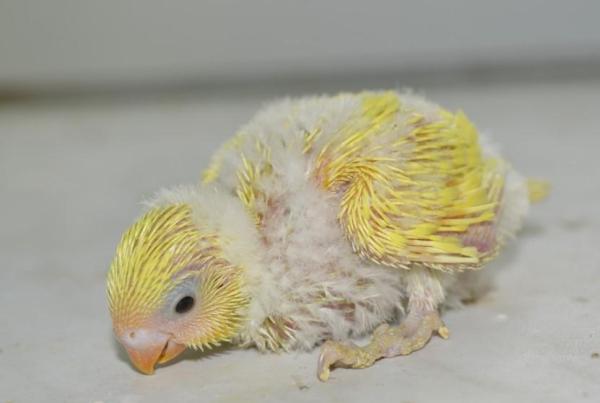
Feeding of domestic parrots
Not all parrot species are considered domestic animals. Many are endangered or otherwise protected. They also may not be suitable to be raised in the domestic environment. At home, we need to both control the parrot's diet so they eat suitably food, as well as keep it varied so they do not get bored.
It is important that the parrot's diet is balanced. Most parrots will tend to overeat if they do not have their food limited for them. Since they do not have the freedom to fly and exercise as they would in the wild, they are more prone to becoming overweight and obesity. This is especially common if they are only given the food they enjoy the most, i.e. seeds a nuts. While delicious and nutritious, they are also fattening.
Generally, the daily diet of domestic parrots should be as follows:
- 75% fruit and vegetables
- 20% bird feed (seeds, etc.)
- 5% treats/other
Not all fruit and vegetables are suitable for parrots to eat. To know more about the specifics, read our article on fruit and vegetables for parrots.
What do different types of parrots eat?
Different types of parrots have varying diets. The reason for this is complex, but often it has to do with their size. If you think your parrot may be sick, it could be due to a nutritional problem. A balanced parrot diet is vital for their well-being.
What do African grey parrots eat?
In the case of African greys, the proportions change a little to the generic parrot food chart we provided in the previous section. It is estimated they should eat:
- 60% parrot feed
- 30% vegetables and fruits
- 10% seeds and grains
What do budgerigars eat?
Australian parrots, better known as parakeets, have a very similar diet to the generic one mentioned above. In captivity, experts recommend feeding them grains (such as birdseed, millet or oats) supplementing this with the intake of vegetables. Some of the best vegetables and fruits for parakeets include:
- Carrots
- Broccoli
- Cucumbers
- Swiss chard
However, not all fruits are beneficial to parakeets, it needs to be pointed out that grapefruit is toxic to them. There are some times of the parrot's life when they may need more energy. They include when they are developing into adults, when the temperature drops and when the breeding season begins. In these cases, you can provide the birds with a special feed known as breeding paste for birds. This is extra-nutritious for when they need it, but needs to be avoided at other times.
What do small parrots eat?
Within this category are various types of small parrot. These include:
- Lovebirds
- Other parakeets (such as the monk parrot)
- Small conures
These birds weigh very little and only measure a few inches from head to tail. In captivity, there is a specific feed which is prepared for these small birds. However, you will need to adapt the amount to the size of the bird. We need to stress the importance of researching the specific bird you need to feed. For example, small conures should have a small amount of dairy incorporated into their diet. The remainder of their diet is based on fruit, vegetables and grains.
What do green parrots eat?
The green parrot is one of the most frequent parrots seen in homes. It is important to know its specific nutritional requirements. Many experts argue that feeding them with quality commercial preparations is sufficient, providing an extra mineral and vitamin with supplements of green leafy vegetables, such as cabbage or Swiss chard, as well as some fruits.
Adequate nutrition is obtained by providing a diet similar to that which they would consume in the wild. However, some birds may need a little extra help. Some may need extra vitamins to improve their plumage, for example. These should be dictated by a veterinarian, especially as the bird may be suffering a health problem.

Forbidden and toxic food for parrots
As we have already mentioned, the diet of parrots is varied and may include a rich diversity of foods. However, there are certain foods that should never be given to a parrot because they are potentially harmful and even lethal in certain amounts. The foods strictly prohibited in any type of parrot are:
- Soda
- Alcoholic drinks
- Juice
- Coffee
- Salt
- Cocoa or chocolate
- Sugar and sweets
- Dairy products (in most cases)
- Fish
- Red meat
- Fried food
- Artificial flavors/colorings
- Spiceds
We should provide parrots with a diet which is based on natural food as much as possible. even commercial birdfeed shouldn't contain food which has been over-processed. While it is common sense that the above food are harmful to them, there are some which may seem OK, but are actually toxic:
- Garlic
- Onion
- Eggplant
- Avocado
- Raw tubers
- Fruit pips (apple, pear, etc.)
For more information, you can check out this article on forbidden food for parrots. As we have stated, not all parrots are domestic and some are even endangered. Check out the video below to learn more:

If you want to read similar articles to What Foods Do Parrots Eat? - Typical Parrot Diet, we recommend you visit our Homemade diets category.
- National Geographic. Parrots Recovered from: https://www.nationalgeographic.es/animales/loro
- Fail to; Sibson, RB; Turbot, EG (1966). A Field Guide to the Birds of New Zealand . Collins. London.
- Frank Gill and David Donsker. New Zealand parrots, cockatoos & parrots . IOC World Bird List version 5.2. Recovered from: https://www.worldbirdnames.org/bow/parrots/

